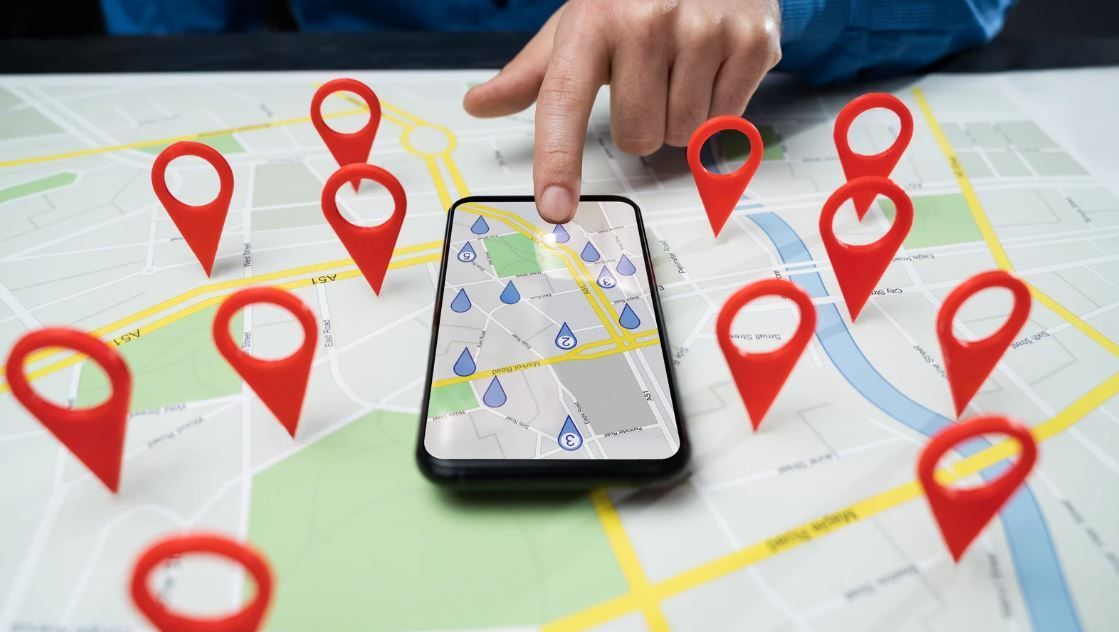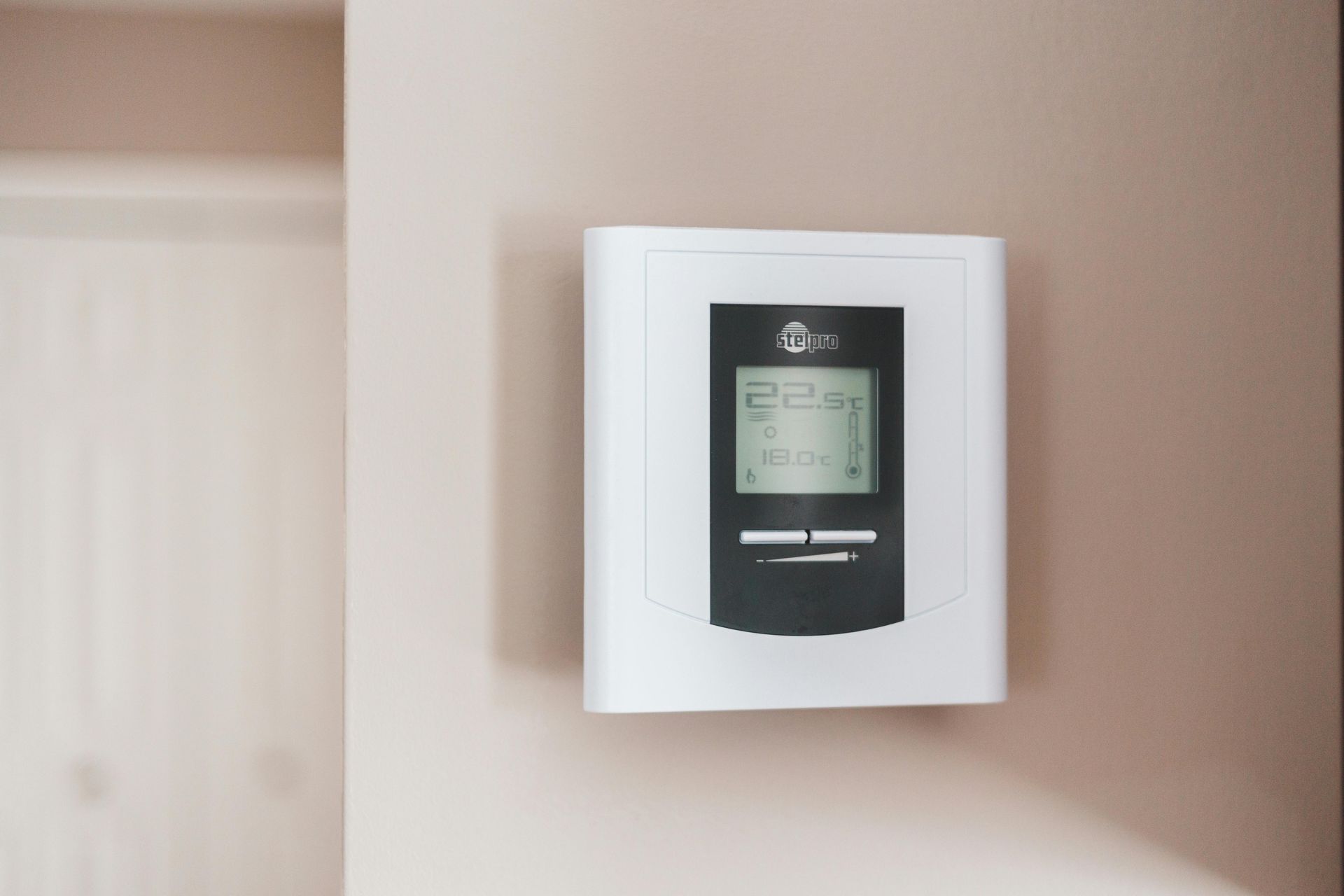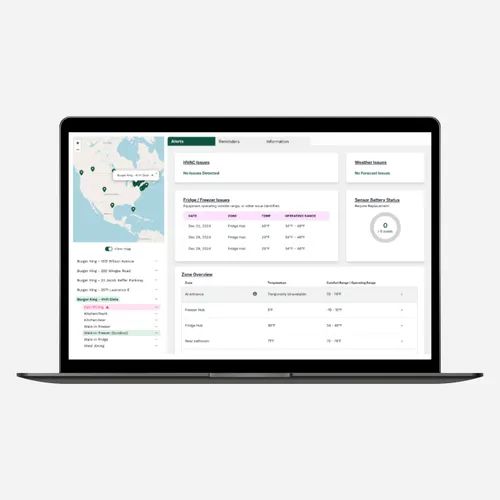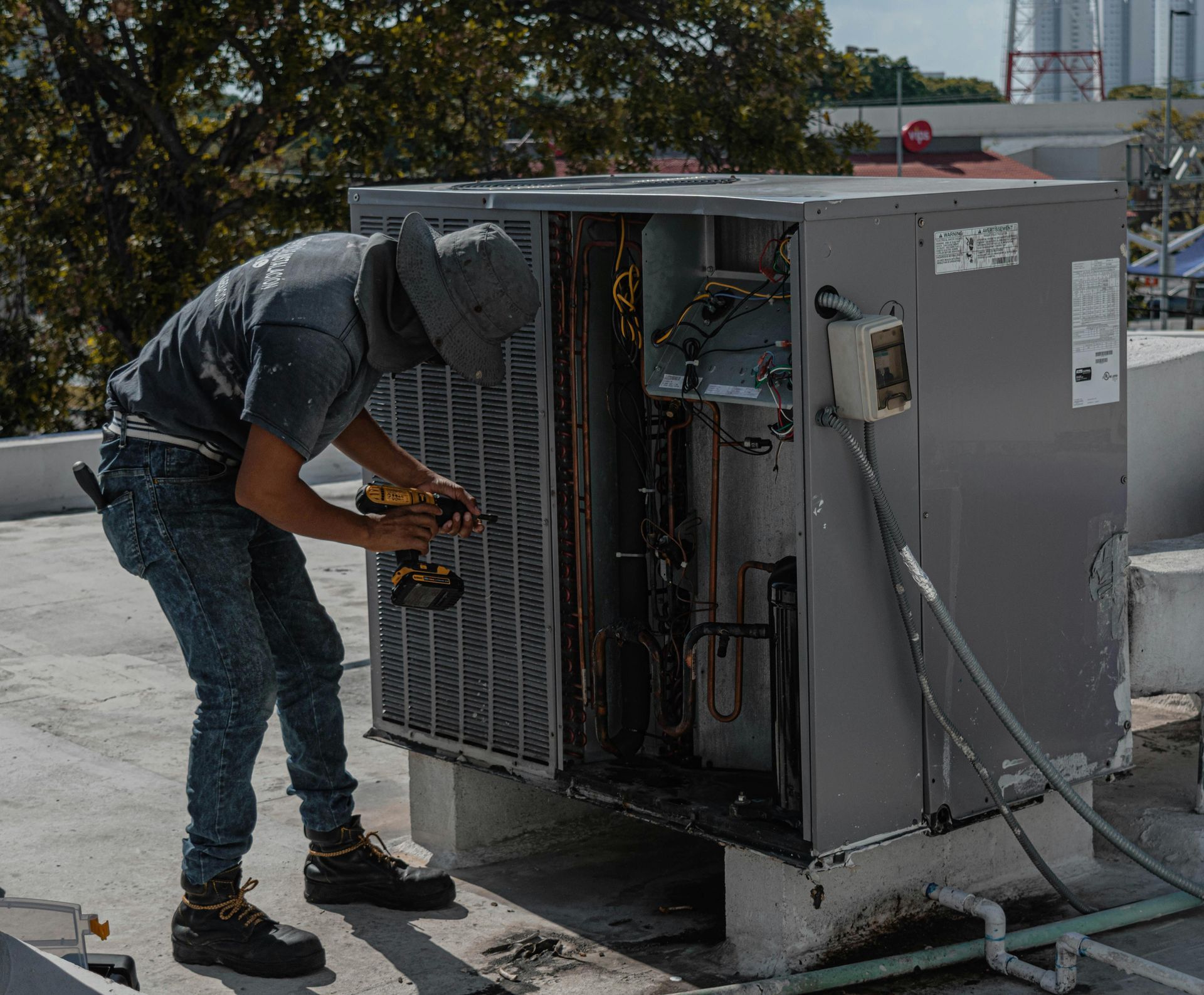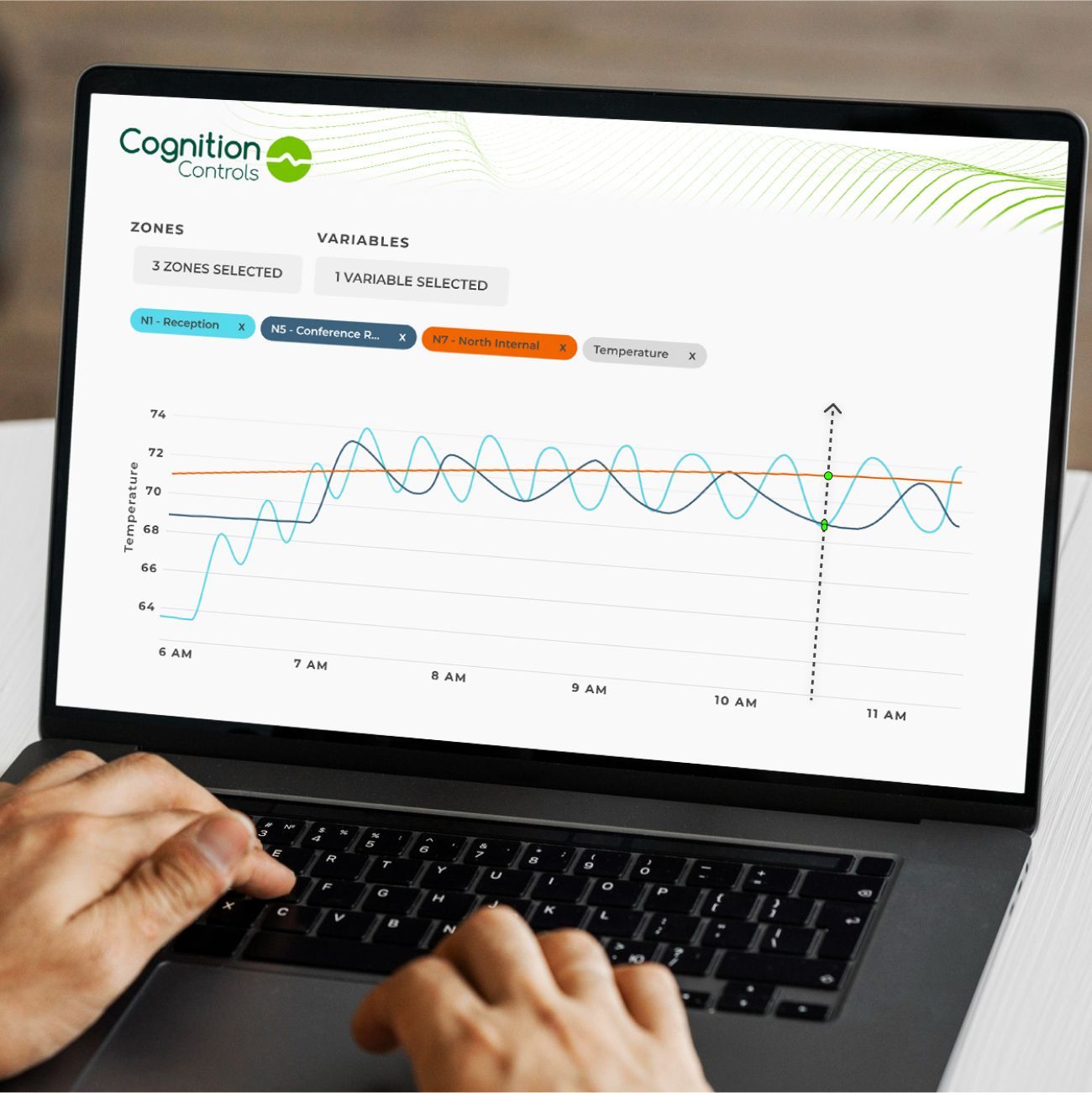How Hackers Exploit Wi-Fi to Breach Businesses (And How You Can Stay Protected)

Did you know that your business Wi-Fi could be an open door for hackers? Just like in the case of the infamous Target breach, attackers are constantly looking for vulnerabilities in a company's network to gain access to sensitive systems and data. One common weak point? Unsecured or poorly configured Wi-Fi networks.
Here, we'll explore how cybercriminals exploit Wi-Fi vulnerabilities, what businesses can do to safeguard their networks, and how solutions from Cognition Controls can play a role in securing your operations.
The Wi-Fi Threat
Hackers view business Wi-Fi networks as low-hanging fruit, especially when they're improperly secured. Here’s how they take advantage:
- Rogue Access Points:
Hackers can set up fake Wi-Fi networks designed to resemble your legitimate business network. Once employees or customers connect to the fake network, their activity can be monitored, and sensitive data like credentials can be stolen. - Weak Passwords:
A Wi-Fi password that's easy to guess or shared too freely can be exploited by attackers. Once inside, hackers can move laterally through the network, just as attackers in the Target breach escalated their access from an HVAC vendor's credentials to Target’s payment system. - Unencrypted Traffic:
Wi-Fi networks that lack encryption allow hackers to intercept data being transmitted, including login credentials, financial information, and business communications. - Access to Critical Systems:
Many businesses mistakenly allow their Wi-Fi networks to connect directly to core systems, such as payment platforms or operational tools. This lack of segmentation gives hackers a direct route to sensitive data.
Why It’s a Big Deal
Cyberattacks are not just disruptive; they are expensive. The Target data breach cost the company millions in damages and tarnished its reputation. Hackers used compromised vendor access to infiltrate systems that should have been separated for security reasons. Open Wi-Fi networks can act in the same way, providing malicious actors a foothold into your operations.
A Real-World Example: The Target Data Breach
One of the most infamous cases of network vulnerability exploitation is the Target data breach of 2013. Hackers managed to infiltrate Target’s system by exploiting a third-party HVAC vendor’s credentials. Once they gained access, weak network segmentation allowed the attackers to move from non-critical systems into Target's payment network, ultimately compromising the credit and debit card information of over 40 million customers.
The lesson here is clear: businesses must be vigilant about protecting their network, not only from direct attacks but also from vulnerabilities stemming from third-party partners and vendors. For a deeper look into how this breach unfolded and what went wrong, you can read more on KrebsOnSecurity.
By learning from these real-world examples, businesses can take proactive steps, like adopting cellular connectivity, to prevent similar attacks which are extremely important for network security.
How to Protect Your Business Wi-Fi
When it comes to safeguarding your operations, the best method is to avoid traditional Wi-Fi vulnerabilities altogether by opting for cellular connectivity. Cellular networks provide a more secure and controlled alternative, eliminating many of the risks associated with Wi-Fi networks. Here's why cellular connectivity stands out:
- Improved Security:
Cellular networks inherently use encryption protocols that are miles ahead of what traditional Wi-Fi typically offers. This makes it significantly harder for hackers to intercept and exploit your data. - No Dependence on Shared Networks:
Unlike Wi-Fi, cellular connectivity doesn’t require sharing passwords or guest access. This removes weak passwords, rogue devices, and unencrypted traffic as potential risks. - Built-in Segmentation:
A cellular solution naturally separates your business operations from public or less-secure networks, preventing unauthorized access to critical systems. - Eliminates Rogue Network Threats:
Hackers often create rogue networks to mimic business Wi-Fi hotspots. With cellular connectivity, your business avoids this risk entirely since devices connect securely and directly. - Reliable Updates:
Cellular systems eliminate manual firmware updates that routers and Wi-Fi equipment often rely on for security patches. This makes sure your setup remains compliant with the latest security standards.
By leveraging cellular connectivity, businesses can not only shield their operations from potential attacks but also simplify their network infrastructure. Cognition Controls integrates this secure technology into our solutions, allowing you to operate with confidence and without the networking hassles that come with traditional Wi-Fi setups. You can stay ahead of threats.
Why Cognition Controls is the Proactive Choice
At Cognition Controls, we understand the importance of keeping your business operations secure. Our solutions enable convenience and peace of mind by using our built in cellular connectivity. It not only avoids networking hassles while maintaining secure connections, it also makes for a quicker (lower cost) installation. Because our systems eliminate the need for traditional Wi-Fi setup, you reduce your exposure to vulnerabilities created by unsecured networks.
Closing the Door to Hackers
Unsecured Wi-Fi may seem like a small oversight, but it can have catastrophic consequences for any business. Taking proactive measures to secure your network is essential in defending against attacks. By implementing strong Wi-Fi security practices and leveraging smart solutions like those offered by Cognition Controls, you can protect your business from potential threats and focus on driving success.
Hackers are always looking for opportunities, but with the right safeguards, you can make sure your business isn’t an easy target. Want to learn more about how Cognition Controls can help strengthen your security posture? Get in touch today!
Frequently Asked Questions
What is the best way to secure my business operations against Wi-Fi vulnerabilities?
The best solution is to switch to cellular connectivity, which offers security and eliminates risks like weak passwords and unencrypted traffic found in traditional Wi-Fi networks.
Can hackers still access my business systems if Wi-Fi and cellular networks are segmented?
No, proper segmentation limits a hacker's ability to access critical systems. By keeping operational controls separate from guest or less secure networks, you significantly reduce the risk of unauthorized access.

